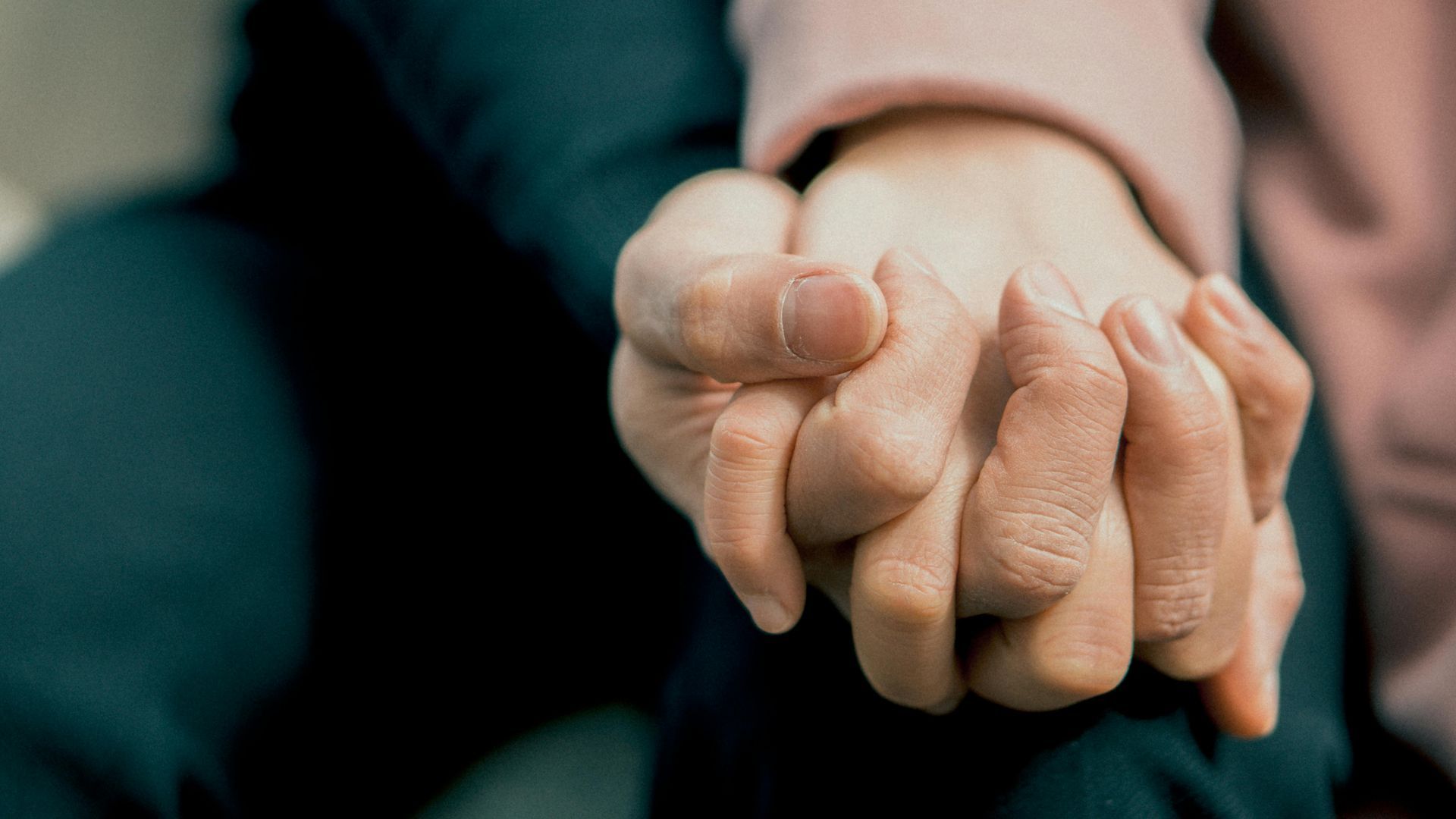Dealing with Depression After a Traumatic Brain Injury
Dealing with Depression After a Traumatic Brain Injury
Suffering from a traumatic brain injury can be a lonely road to walk. Almost overnight, the person suffering the injury will have their life tossed upside down. Understandably, this can result in uncontrollable depression that affects the victim and his caregiver. It is important to understand the signs of depression in individuals suffering from TBI and know how to help battle it.
Is It Common for Individuals with TBI to Be Depressed?
Study after study has revealed that individuals who have suffered some type of brain injury are more likely to develop major symptoms of depression than are individuals without such injury. While roughly 10 percent of individuals without a traumatic brain injury experience depression, it is estimated that 30 percent of people with a brain injury actually do. This highlights why it is crucial to understand the signs of depression in individuals with a brain injury and what to do about it once they do appear.
How Severe a Brain Injury Leads to Depression?
It is important to note that the severity of the brain injury does not necessarily increase or decrease the likelihood of depression. Depression can onset in individuals with mild, moderate, or severe brain injuries. It also does not matter the age or sex of the victim. This is why caregivers are so important. Any person who has a brain injury should be monitored for potential depression.
How Quickly Will Depression Become Apparent?
It is not yet clear just how quickly signs of depression will manifest themselves after a traumatic brain injury. Some will become quite depressed immediately following the injury, while others may not encounter noticeable bouts with depression until a year or so after the incident.
No matter when depression starts to become apparent, a doctor should be notified right away. Depression can impact the recovery process from a traumatic brain injury. It is important to have depression diagnosed early on so that a prudent course of action can be developed. Caregivers especially should be mindful of the impact that depression can have on any loved one trying to recover from a brain injury.
What Are the Symptoms of Depression?
Much of depression has to do with how the individual sufferer is feeling, so it can often be difficult for a caregiver to notice the signs. Many people with depression are hesitant to admit how they are feeling, but the following symptoms could clue you in. They include:
- Continual feelings of sadness or despair
- Either difficulty sleeping or sleeping way more than usual
- Lack of interest in hobbies that used to excite the person
- Increasing consumption of alcohol or drug use
- Either eating a lot less or noticeably more food
- Suicidal talk or ideation
- Feelings of hopelessness
If any of these symptoms persist, it is important to receive professional help right away in order to alleviate the depression and promote a healthier recovery from the traumatic brain injury.
How Should Depression be Treated?
A primary way that depression can be treated is to receive professional counseling. Various forms of psychotherapy have been proven effective at lessening the impact of depression and helping people live happier and more productive lives. Depending on the severity of the depression, therapy can last anywhere from just a few sessions to several years or more.
Some individuals with a traumatic brain injury will encounter severe depression that cannot be helped with counseling alone. For these cases, psychiatrists may prescribe antidepressant medication to treat both the depression and resulting anxiety. As soon as the depression is sufficiently handled, a psychiatrist may wean you off the medication. Alternatively, it might be something that you continue taking for many years to ensure a return to depressive tendencies does not result.
The post Dealing with Depression After a Traumatic Brain Injury appeared first on Flourish Supportive Living Assisted Living for Brain Injury.













